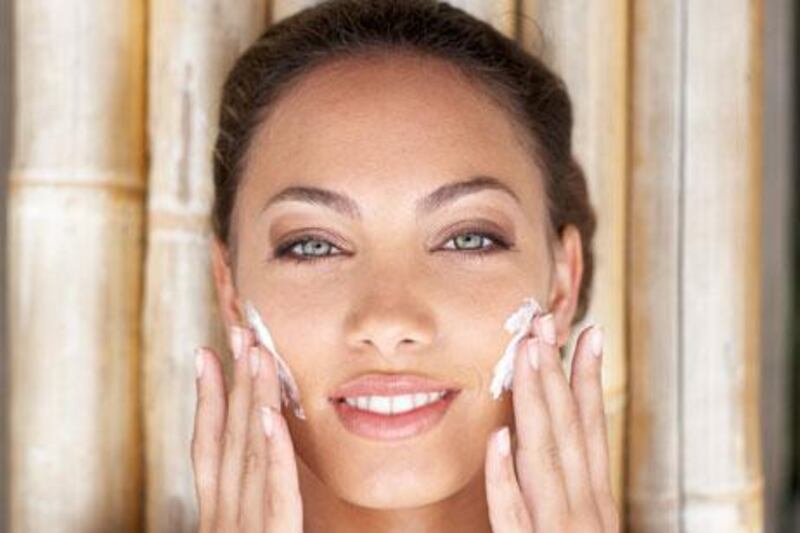What could be more beguiling than the thought that one small pot of cream could give us blemish-free, dewy skin? Rarely a month goes by without a new potion being heralded as The Next Big Thing - the ultimate in rejuvenation, scooped straight from the fountain of youth.
But is there really anything new out there or are we just being sold the same old moisturisers but with fancier names and nicer packaging? As Richard Guy, professor of pharmaceutical science at Bath University, explains, there is often a mismatch between what the companies claim and how people interpret those claims. Take collagen, for example.
"I don't believe that collagen can penetrate the skin, but the companies are careful not to make that claim," he says. "They say that the creams contain collagen, and that collagen helps the skin, but they don't say that the improvement is due to the fact that they have inserted collagen into the cream. Instead they will say that, for example, the cream makes the skin softer and less wrinkly, and it probably does."
More exciting in scientific terms is the latest innovation which, according to Alice Hart-Davis, beauty expert and author of Be Beautiful: Every Girl's Guide to Hair, Skin & Make-up (Walker Books), is taking the cosmetics world by storm: nanocosmetics. Pioneered in products such as the wildly expensive but much feted Shinso essence (www.shinsoskincare.com), this technology uses nanoparticles called fullerenes. The manufacturers claim that these are 125 times more effective than Vitamin C in conquering free radicals.
L'Oréal already holds no fewer than 192 nanotechnology patents, and we can look forward to more announcements about them in years to come. The technology is not without its critics, though.
"They are the sort of ingredient that provokes strong emotions", says Hart-Davis. "Nanotechnology in cosmetics is a subject that can divide people rather like genetically modified foods."
How dramatic it really is, though, is open to question. Despite their microscopic size, the effect of nanoparticles is more likely to be on the surface of the skin than within it, as Guy explains.
"The chances of these things penetrating the skin are, in my opinion, negligible."
He certainly doesn't dismiss them, though.
"What they might do is sit on the skin's surface; they might adhere a little bit and might release, say, a small compound that absorbs into the skin. I think nanoparticles on skin have some interesting possibilities."
Whatever the science behind the products, what most of us want to know is whether they work. There's no doubt that some products have an effect that can't necessarily be explained by the science behind them. Hart-Davis describes the lifting effects of Shinso essence, for example, as "little short of extraordinary".
Sadly, though, the advice most skincare experts - including Hart-Davis herself - come back to time and again is as predictable as it is sensible.
"I suspect drinking your glass of orange juice every day, and having a healthy diet and keeping out of the sun, is just as effective", says Guy.
He's right, of course, but he won't stop us dreaming. And maybe - just maybe - one day we'll find a potion that's truly magical.











